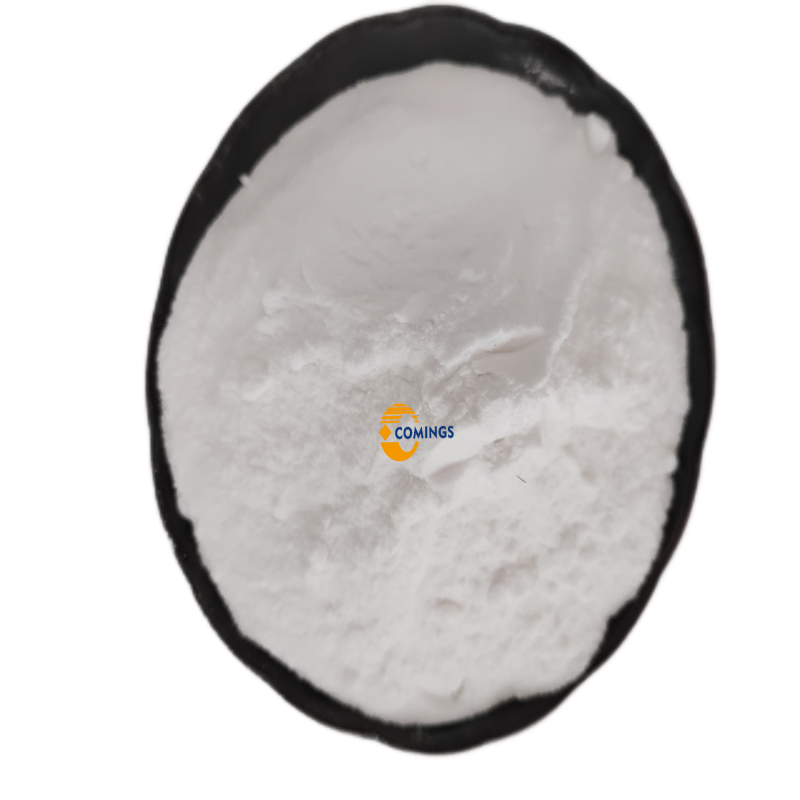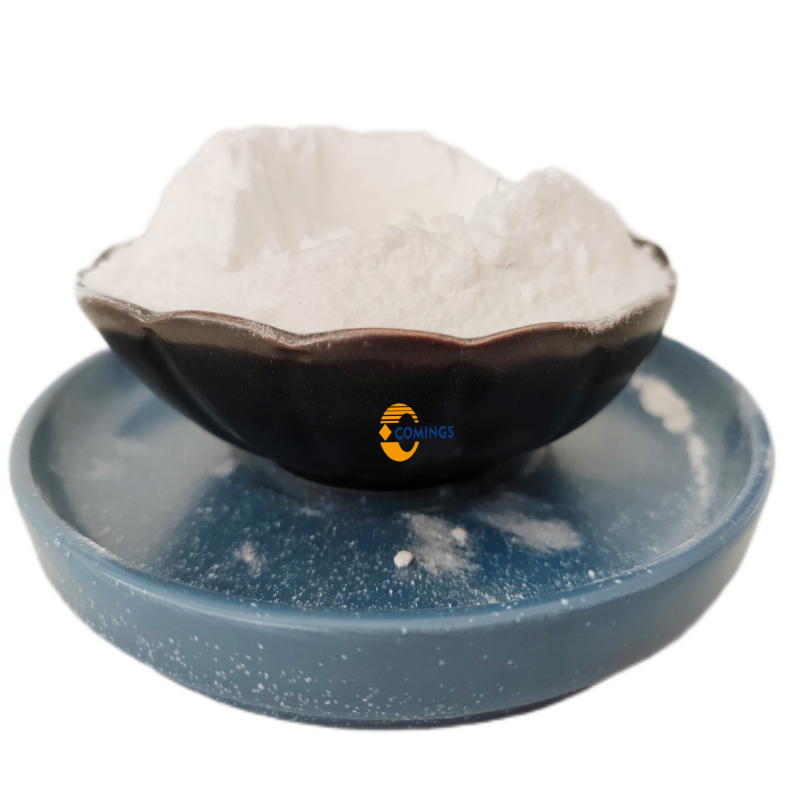-
Categories
-
Pharmaceutical Intermediates
-
Active Pharmaceutical Ingredients
-
Food Additives
- Industrial Coatings
- Agrochemicals
- Dyes and Pigments
- Surfactant
- Flavors and Fragrances
- Chemical Reagents
- Catalyst and Auxiliary
- Natural Products
- Inorganic Chemistry
-
Organic Chemistry
-
Biochemical Engineering
- Analytical Chemistry
-
Cosmetic Ingredient
- Water Treatment Chemical
-
Pharmaceutical Intermediates
Promotion
ECHEMI Mall
Wholesale
Weekly Price
Exhibition
News
-
Trade Service
This article is original by Translational Medicine Network.
Please indicate the source for reprinting.
Author: Daisy Guide: December 8th, published in "Nature".
The research shows that many commonly used drugs, including those used to treat cardiometabolic disorders and antibiotics, are harmful to our intestines.
Microbes have a powerful influence
.
The study included a comprehensive multi-omics analysis of 2,173 European residents, showing that the drug's explanatory power for the variability of host and gut microbiome characteristics exceeds the disease
.
Analysis of the effects of 28 different drugs and several drug combinations showed that many drugs have a negative impact on the composition and state of intestinal bacteria
.
Several antibiotics also showed a quantitative relationship between the number of prescribed courses of treatment and the progression to the microbiome status related to the severity of cardiometabolic diseases
.
But now, researchers have a powerful computational framework that can unravel the effects of drugs and diseases on host and microbiome characteristics in multi-drug individuals
.
It is hoped that these results can provide potential help for the reuse of drugs and the development of individualized treatment and prevention strategies
.
We are one of the generations who use medicine the most on our planet
.
The prevalence of cardiometabolic diseases such as type 2 diabetes, obesity and coronary artery disease continues to rise, and together constitute the highest cause of death in the world
.
Affected people usually need to take multiple drugs every day for months or even years
.
This may affect the increasing abnormalities of the gut microbiome and serum metabolome and complicate the discovery of biomarkers
.
The Bork team of the European Molecular Biology Laboratory in Heidelberg, in cooperation with a European Union of more than 20 European research institutes, has now shown that many commonly used drugs have a powerful effect on our gut microbes
.
These drugs include those used to treat cardiometabolic disorders and antibiotics
.
The results of the study were published in the journal Nature on December 8, and an article entitled "Combinatorial, additive and dose-dependent drug–microbiome associations" was published: https:// -021-04177-9 The gut microbiome is composed of billions of microorganisms that are essential to the normal function of the human body
.
Peer Bork, Director of Scientific Activities of the European Molecular Biology Laboratory in Heidelberg, explained: “We analyzed the effects of 28 different drugs and several drug combinations.
Many drugs have a negative impact on the composition and state of intestinal bacteria, but some drug combinations and The cumulative effect shows that the metabolome and microbiome are turned to a healthier state.
For example, statins combined with aspirin can synergistically reduce serum atherosclerotic lipoproteins, which may have a positive impact on the intestinal microbiota
.
We found that it is related to disease and diet Combined with smoking, the effect of drugs on the host microbiome is more obvious
.
" Earlier, "Nature" published a study on "Extensive impact of non-antibiotic drugs on human gut bacteria": https://www.
nature.
com/articles/nature25979 We all understand that antibiotics cannot be "abuse".
The abuse of antibiotics will not only make germs resistant, but may also kill the "good bacteria" in the intestinal tract
.
But besides antibiotics, will other drugs affect the balance of intestinal flora? The study found an unfortunate fact-one quarter of the more than 1,000 commonly used drugs may disrupt the intestinal flora, and 40 drugs can even affect more than 10 intestinal strains
.
Most of them are not antibiotics
.
Many drugs can cause changes in a variety of intestinal flora.
Although the negative and lasting effects of antibiotics on intestinal bacteria are well known, this new study shows that this effect may accumulate over time
.
Sofia Forslund, the first author of the study, a former postdoctoral researcher in the Bork team and now head of the Max Delbrück Molecular Medicine Center (MDC) in Berlin, said: "We found that the gut microbiome of patients who took multiple courses of antibiotics within five years became Unhealthy, which includes signs of antimicrobial resistance
.
"Several antibiotics show a quantitative relationship between the number of prescribed courses of treatment and the progression to the microbiome status related to the severity of cardiometabolic disease
.
Co-first authors, EMBL Heidelberg leaders and former postdoctoral Maria Zimmermann Kogadeeva said: "We want to distinguish the impact of the disease on the host microorganism populations from the effects of drugs, especially while patients taking multiple medications
.
Through the queue from MetaCardis Comprehensive multi-omics analysis of 2173 European residents
.
The
large cohort also allowed researchers to determine that the dosage of prescription drugs also had a significant impact on the level of microbiome
.
Researchers reported on cardiometabolic drug dosages, clinical markers improvements, and microbial composition.
The relationship between the two supports direct drug effects
.
Rima Chakaroun, one of the main authors of the study and a clinical scientist at Leipzig University Medical Center, added: "We know that the microbiome can reflect the health of patients and provide a series of biomarkers to assess the severity of the disease
.
However, what is often overlooked is that drugs used to treat diseases can also affect the state of the microbiome
.
“Dr.
Chakaroun is currently a post-doctoral researcher at the Wallenberg Laboratory of the University of Gothenburg
.
By developing a statistical method to explain the effects of multiple confounding factors, researchers can sort out the effects of drugs and diseases separately
.
Professor Bork said: “We now have A powerful methodological framework that can unravel the effects of drugs and diseases on the host and microbiota characteristics in individuals treated with multiple drugs
.
This allows us to prove that drugs can mask the characteristics of the disease and hide potential biomarkers or therapeutic targets
.
"Researchers hope that these results can provide potential help for the reuse of drugs and the development of individualized treatment and prevention strategies
.
The study combines the insights, knowledge and methods of experts from six countries
.
Dr.
Zimmermann Kogadeeva said: " The collaboration of an interdisciplinary team of clinicians, bioinformatics and computational systems biologists to promote our understanding of molecular interactions in cardiometabolic diseases is very motivating
.
"Reference material: https://medicalxpress.
com/news/2021-12-impact-drugs-gut-microbes-greater.
html Note: This article is intended to introduce the progress of medical research and cannot be used as a reference for treatment plans
.
If you need health guidance , Please go to a regular hospital
.
Recommendation·Activity [Webinar] Twist Bioscience Pan-Cancer Research Solution Practitioner-Single Cell Research Creation Camp (Guangzhou Station) Popular·Article Cancer Research [Cell] Chinese scientists and their teams create barcodes to quickly decode cancer The "chat" between cells of gut microbes [BMJ Sub-Journal] Why do good foods suddenly become intolerant? New research has identified a unique profile of intestinal bacteria that is highly sensitive to dietary therapy for irritable bowel syndrome, the new coronavirus [Nature sub-Journal] Human genetics perspective-how genetic mutations affect our immune cells, resulting in different severity of COVID-19 Virus [Nature Sub-Journal] Appropriate vitamin D supplementation can fight inflammation, including new coronary pneumonia! Cancer Research [Cell Sub-Journal] MIT researchers have discovered a secret way to fight tumors-wear tumor cell vests and kill tumor cells! Basic research [Nature Sub-Journal] is amazing! 3D images of mouse skulls help scientists create new bones! Basic research [ATS Sub-Journal] Breakthrough! To map the most comprehensive molecular roadmap of human lung proteins, scientists identified and measured 8,938 proteins!






